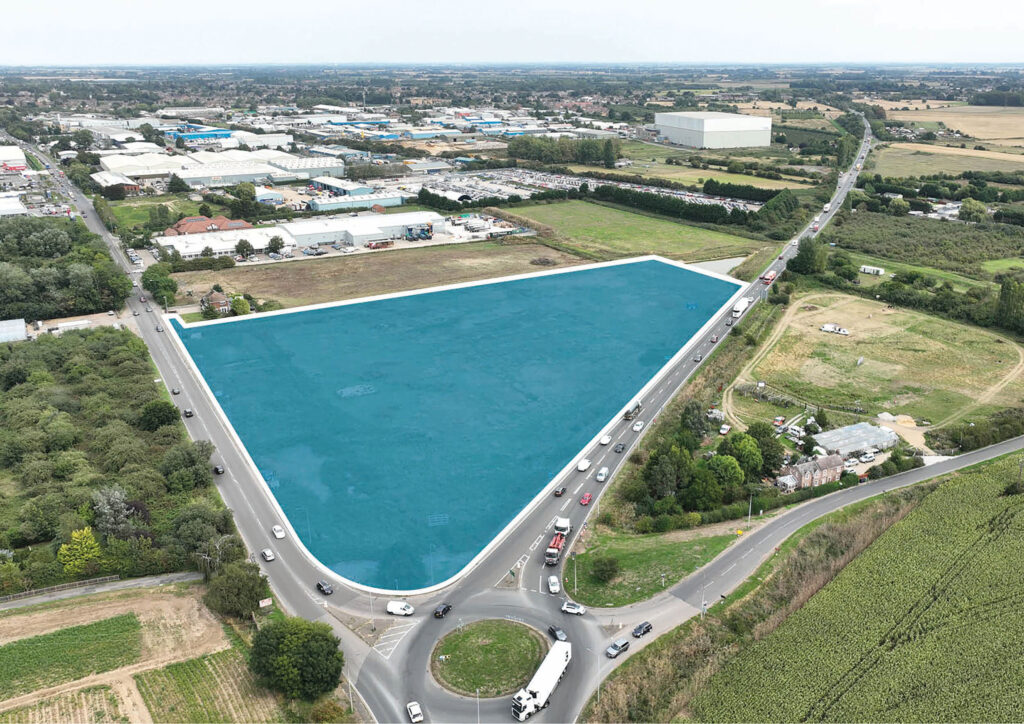More than a million British nationals live in EU countries. Last Wednesday, a group of Brits living in the Netherlands won a landmark ruling that may affect them all. The group’s case will now be passed to Europe’s top court, the European Court of Justice (ECJ) in Luxembourg. They hope that the ruling will give them the right to keep EU citizenship after Brexit.
Hoping for a ruling that all member states must guarantee the rights of Brits living under European law, the plaintiffs asked judges in Amsterdam to refer the issue to the ECJ. Christiaan Alberdingk Thijm, the lawyer acting for the group, said:
“Are you an EU citizen for life or can your citizenship be taken away from you? That is the fundamental question that will be put forward to the European Court.“
In his court papers, Thijm said the European Court of Justice is the only court that can “explain how to turn the political mess of Brexit into a judicial solution“.
British barrister Jolyon Maugham, who supports and funds the legal action, told the BBC:
“If the case is successful, all of us will continue to benefit from EU citizenship rights after Brexit.”
He went on to say that the outcome of the case would be “profoundly important” for Brits living in the EU. Maugham said,
“The UK courts seem to find themselves cowed by the political dynamic, I’m very pleased that judges elsewhere are able to separate out political and legal considerations.”
Later, Maugham tweeted: “If this case succeeds, it would give EU citizenship rights to 60 million people – even after Brexit. The most important piece of litigation of modern times?”
The plaintiffs argue that Article 20 of the Lisbon Treaty infers the right to retain EU citizenship following Brexit, stating that “citizenship of the union shall be additional to and not replace national citizenship.” Article 20 includes the rights to:
- Travel and live anywhere in the EU
- Vote and stand as a candidate in European and local elections in another EU country
- Get diplomatic protection and consular help from any other EU country in another part of the world
The judge agreed and, within the next two weeks, is expected to issue two draft questions to be put before ECJ judges.
- To determine whether Brexit means British nationals automatically lose EU citizenship and all associated rights, including freedom of movement and, if the answer is ‘No’, then;
- What conditions or limitations should apply to maintaining those rights once Britain leaves the EU.
A favourable ECJ ruling affects all British nationals living in the EU, but a victory for British expats in Europe may not be reciprocated for EU expats in the UK.
The UK Government has said it will only guarantee the rights of EU nationals to live in the UK with all associated entitlements if they have lived in the UK for five years by 29 March 2019. EU Nationals not meeting this criterion will be able to apply for ‘settled status/indefinite leave to remain’, but acceptance is not automatically guaranteed.
On average, it takes the ECJ a year to pass judgement, so it will probably be some time before the court gets round to it. Previous dealings with the ECJ also suggest there is a fair chance the court will decide not to become involved, despite the question being on many peoples minds.




